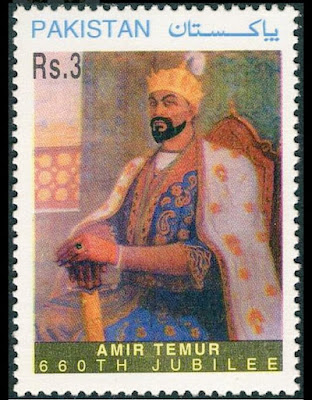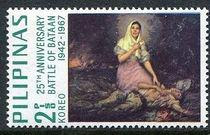Prince Philip, Duke of Edinburgh, was the husband of Queen Elizabeth II and the longest-serving consort of a reigning British monarch. He was born on 10 June 1921, in Corfu, Greece, as Prince Philip of Greece and Denmark. He was the only son of Prince Andrew of Greece and Princess Alice of Battenberg.
Prince Philip had a diverse and eventful life. He served in the British Royal Navy during World War II and played a significant role in modernizing the monarchy and supporting the Queen in her duties. He was also known for his philanthropic efforts, particularly through the Duke of Edinburgh's Award, a youth development program he founded.
Prince Philip passed away on 09 April 2021, at the age of 99. His death marked the end of an era and was met with an outpouring of condolences from people around the world. He was remembered for his dedication to public service, his sense of duty, and his unwavering support for the Queen throughout their more than 70 years of marriage. Prince Philip's legacy continues to be honored and remembered by many.
#HRHPrincePhilip
#PrincePhilip






%20(10).jpeg)


.webp)
.jpg)
.jpg)




